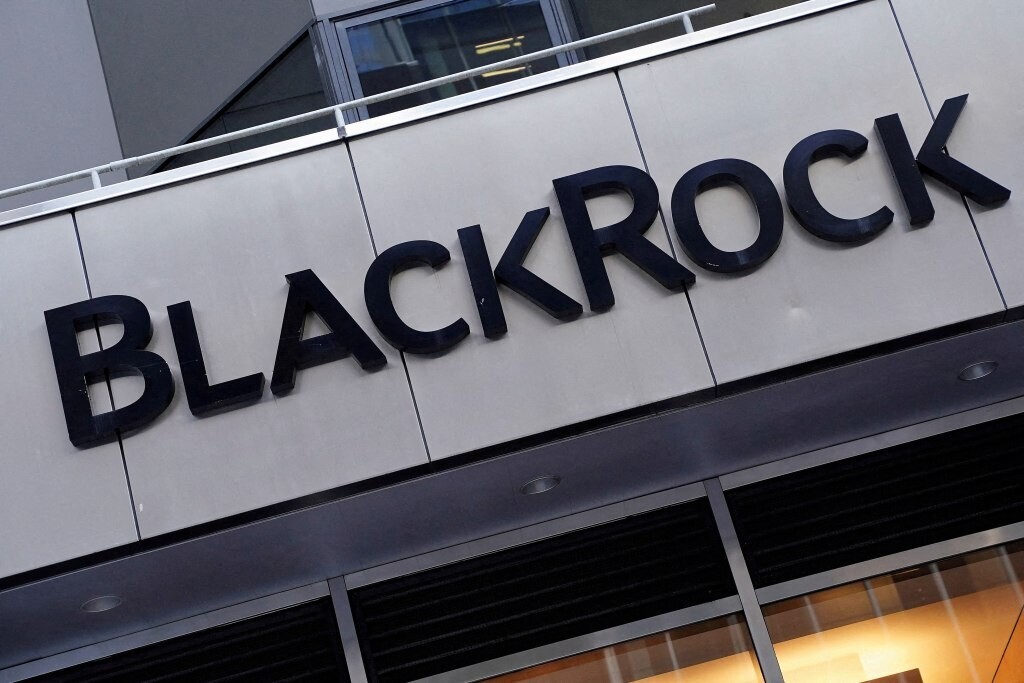
BlackRock CEO Larry Fink warned about the dependence on foreign financing to cover 40% of the deficit, which could create vulnerabilities in the face of current geopolitical challenges. "In the next six to nine months, we will see slightly higher inflation," he stated. According to the businessman, the deportation of illegal immigrants will affect key sectors such as agriculture and construction, which could generate additional inflationary pressures.
In a context of high volatility in U.S. markets and amid uncertainty about the effects of Donald Trump's trade policy, Larry Fink was optimistic about global growth, although he warned about key challenges during his participation in the CERAWeek conference. The leader of the world's largest investment fund analyzed inflation, the impact of artificial intelligence on employment and energy, and expressed concern about the growing fiscal deficit of the United States.
Fink highlighted that, in the short term, inflation will continue to rise, driven by both trade tensions and U.S. immigration policy. However, in the medium term, he predicted a prolonged cycle of deflation due to advances in technology and automation. He also emphasized the increasing demand for energy, driven by the expansion of artificial intelligence and large data centers.
He warned that decarbonization, while necessary, remains highly costly and that, in practice, the current priority is to ensure energy supply. "We will depend on dispatchable energy for a long, long time," he noted, referring to the use of traditional sources such as gas and nuclear energy, which remain essential in the energy mix.
In line with the speech of Argentine President Javier Milei, Fink emphasized the seriousness of the U.S. fiscal deficit and its impact on economic stability. He explained that the only way to reverse the situation is with sustained growth of 3% annually for at least a decade. "Our interest payments are now larger than those allocated to defense."














